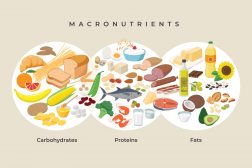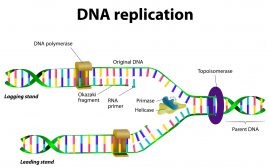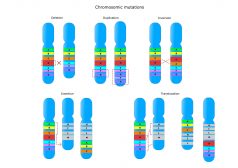Definition
noun
A form of haemophilia that is caused by a deficiency in blood clotting factor VIII due to a gene defect in the long arm of the X chromosome
Supplement
Haemophilia is a congenital tendency to uncontrolled bleeding from the mouth, gums, lips, and tongue. Other symptoms include haematuria, haemarthoses, and subcutaneous and intramuscular haemorrhages. Haemophilia is often affecting males and is transmitted from mother to son. There are different forms of haemophilia: haemophilia A, haemophilia B, haemophilia C, and parahaemophilia.
Haemophilia A is the most common form of haemophilia. It is caused by a gene defect near the telomere of the long arm of the X chromosome. Thus, it is usually inherited from mother to son. Female children can possibly inherit the disease when the mother is a carrier and the father is hemophiliac. Most cases of hemophilia A are inherited as an X-linked recessive trait. In other cases, the condition results from a spontaneous mutation. The defective gene could lead to an impaired or a deficiency of factor VIII synthesis. Factor VIII is involved in blood coagulation cascade. When activated by thrombin factor VIII activates, in turn, factor IX. Without enough factor VIII the coagulation cascade is interrupted and therefore the process of blood clot formation is compromised.
Variant(s):
- hemophilia A
Synonym(s):
See also:
- haemophilia
- factor VIII
- coagulation







